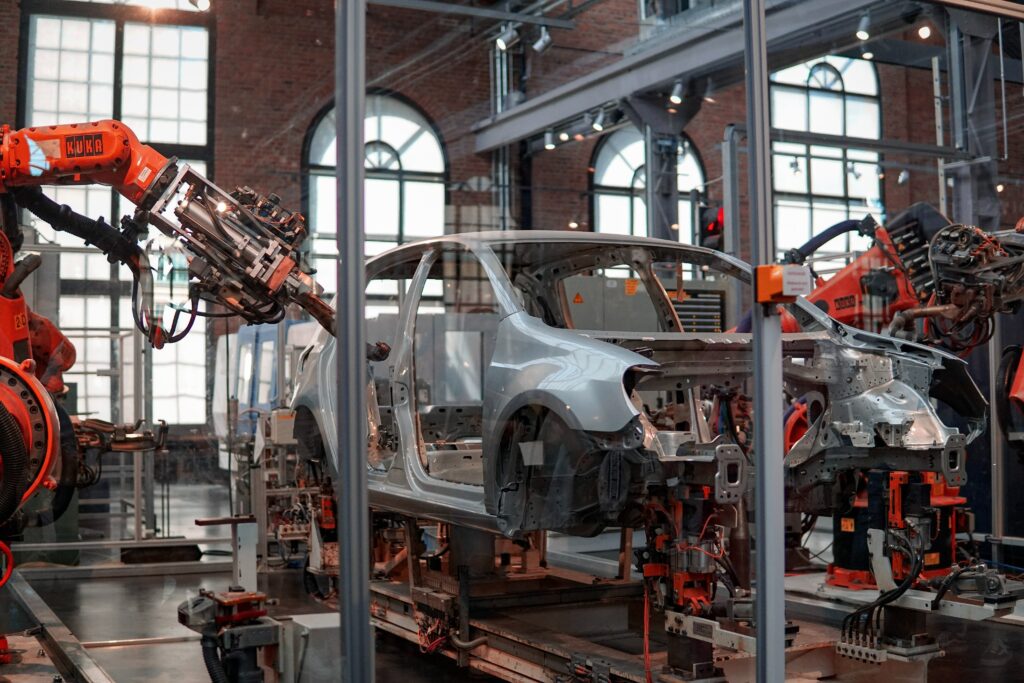
In conjunction with customer and supplier systems, the utilization and efficiency of smart products and smart factories can be further improved. This leads to an increase in overall competitiveness. The "smart factory" will be an integral part of tomorrow's intelligent infrastructure through its interfaces to other digitized systems such as smart mobility, the smart grid and smart logistics.

